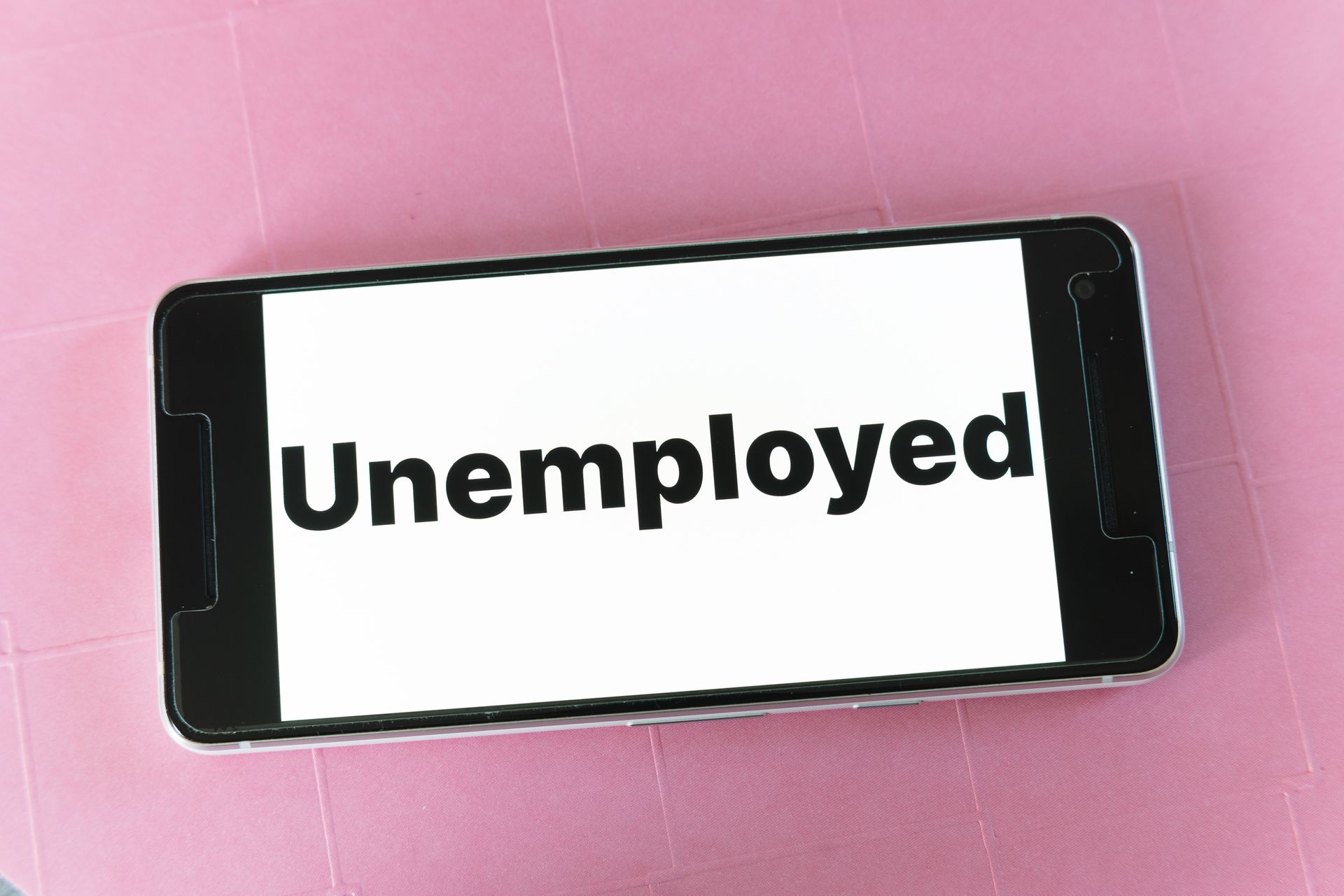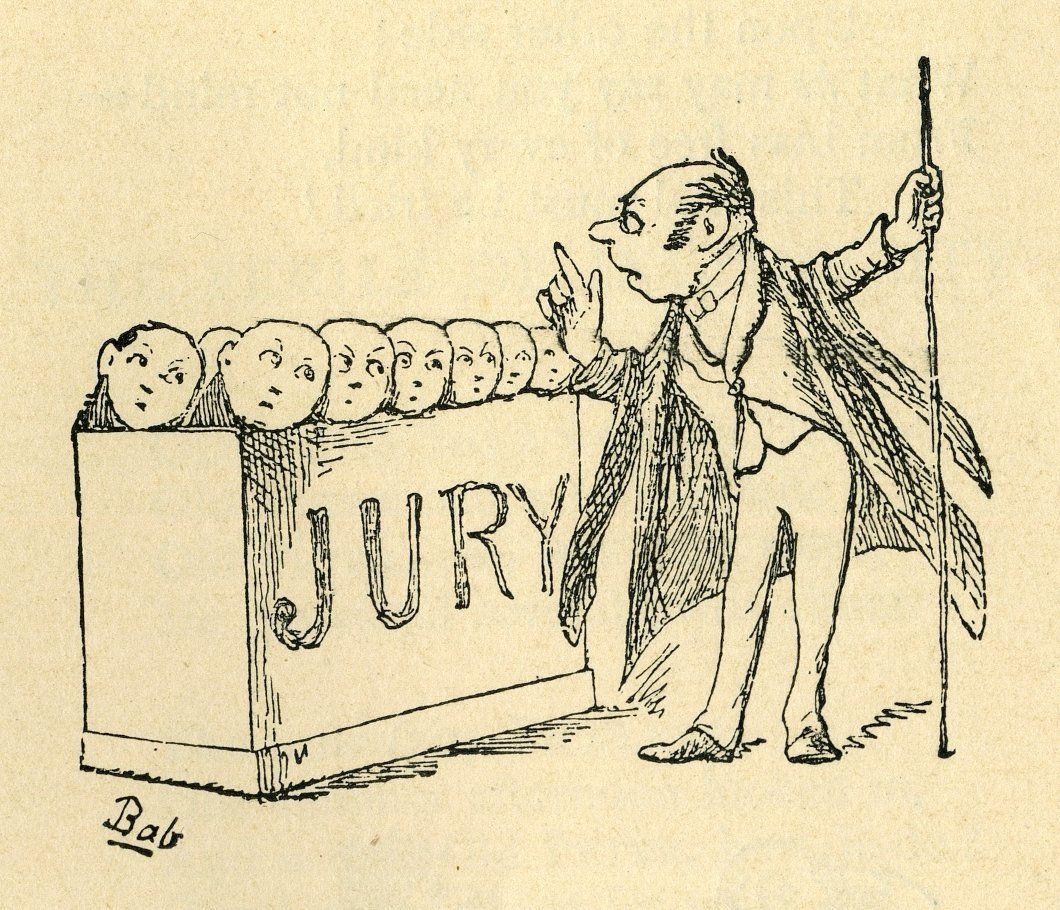The Clean Slate Act
Understanding New York State's Clean Slate Act: A Pathway to a Fresh Start
The New York State Clean Slate Act represents a significant milestone in criminal justice reform, providing a pathway for individuals to rebuild their lives without the constant shadow of their criminal records. Signed into law in 2023 and taking effect November 2024, it expands anti-discrimination protections and seals criminal records for individuals with certain criminal convictions, allowing them better access to employment, housing and professional licensing.
For honest, expert advice on how the law will impact your businesses or your job, consult Employment Attorney Raymond Nardo.
The Rationale for the Clean Slate Act
This legislation aims to remove barriers to opportunity by allowing individuals to overcome the collateral consequences of their past convictions. According to the Clean Slate Bill, “Individuals who commit a crime and later pay their debt to society should not be perpetually burdened by a criminal record. Having a criminal record impedes one’s ability to obtain housing, secure work and participate fully in modern society. We cannot expect successful rehabilitation without providing these individuals with a way forward that is not encumbered by their past mistakes.” The Clean Slate Act is a powerful tool for social and economic reintegration, offering a fresh start to those who served their sentences. Now, millions of New Yorkers who are committed to turning their lives around after a criminal conviction have the chance to thrive as conviction records begin to seal.
How Does the Clean Slate Act Work?
Under the Clean Slate Act, the New York Office of Court Administration has three years to put in place systems that will identify and seal eligible convictions. During this time records that will later be sealed could still be searchable. By 2027, every eligible record of conviction will be sealed without the need for a petition or court order, while certain records remain ineligible for sealing.
Eligible Records
● Misdemeanors: Provided there have been no new offenses, convictions are sealed seven years (inclusive of probation and parole time) after completion of the sentence.
● Felonies: Again, contingent on no new criminal activity, convictions are sealed ten years (inclusive of probation and parole time) after the completion of the sentence
Ineligible Records
● Violent Felonies: Crimes involving serious bodily harm or the use of a deadly weapon.
● Sex Crimes: Offenses related to sexual misconduct or abuse.
● Class A Felonies: The most serious offenses, such as murder or large-scale drug trafficking.
Waiting Period
A three year waiting period is required after a misdemeanor, while the waiting period for a felony is eight years. Individuals must maintain a clean record to qualify for automatic sealing. The waiting period starts either after incarceration is completed or, if there was no period of incarceration, from the date of the sentencing. If the individual is convicted again during the waiting period, the waiting period is reset to the most recent conviction.
The Impact of the Clean Slate Act
Sealing a criminal record under the Clean Slate Act has profound implications for individuals seeking to rebuild their lives:
● Employment: Sealed records will no longer be accessible to most employers, allowing those with prior convictions to apply for jobs without fear of their past holding them back.
● Housing: Landlords conducting background checks will not see sealed convictions, opening up more housing opportunities.
● Education and Licensing: Educational institutions and licensing bodies will not have access to sealed criminal records, providing a clearer path to further education and professional advancement.
However, it is important to note that sealed records will remain accessible to law enforcement and certain government agencies. According to the New York State Assembly, “Clean Slate still provides access to otherwise sealed records for necessary and relevant purposes, including employment to people working with children, elderly people or vulnerable populations.”
Conclusion
The Clean Slate Act aims to help individuals committed to turning their lives around after a conviction, as well as their families, gain economic stability and make meaningful contributions within their communities. As this legislation takes effect it will be important for individuals and employers to understand the potential legal implications.
For more than 30 years, Employment Attorney Raymond Nardo has represented employees and employers for claims involving overtime pay, discrimination, sexual harassment, whistleblower claims, and nearly all other employment claims. He practices extensively in Federal Court, New York State Court, the Equal Employment Opportunity Commission (EEOC), and the New York State Division of Human Rights. Consult Attorney Raymond Nardo for professional legal advice on the Clean Slate Act.
Location
Raymond Nardo, P.C.
129 Third Street Mineola,
New York 11501
Contact Us
516-248-2121
All Rights Reserved | Law Office of Raymond Nardo










